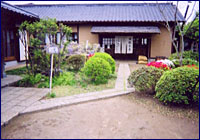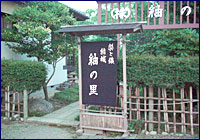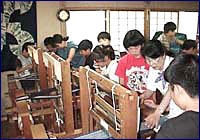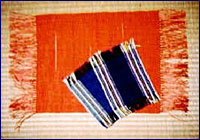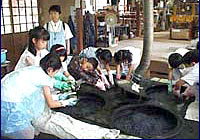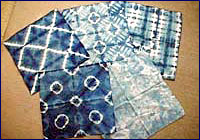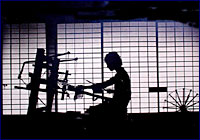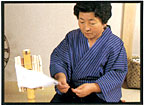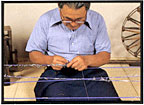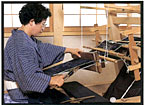
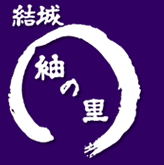


|
 |



 |
 |
 |
 |
Tsumugi-no-Sato is located in a tranquil setting surrounded by nature in Yuki City, Ibaraki Prefecture. At Tsumugi-no-Sato we provide an opportunity for anyone to come enjoy weaving and dyeing in the traditional Japanese way. Our friendly English-speaking staff will happily assist you throughout. |
 |
 |
 |
 |










 |
 |
 |
 |
Yuki tsumugi Pongee is a high-grade silk textile fashioned in a folk art style.
The techniques have been handed down from the Nara period.
All the work is done by hand, from the spinning to the actual weaving. The process yields silk with a unique texture and the highest possible quality. |
 |
 |
 |
 |





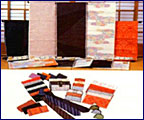 |
|
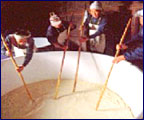 |
|
 |
 |
 |
 |
| Tsumugi fabrics and products |
Refined "Sake"
BU-YUU*FUKUFUKU |
Chest of drawers crafted of paulownia wood |

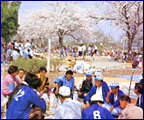 |
|
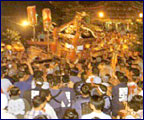 |
|
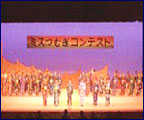 |
 |
 |
 |
 |
 |
 |
 |
●Spring
Yuki has a Cherry Blossom festival. Several sightseers gather to view the more than 250 cherry trees blooming in Joshi Park, a former castle site. |
 |
 |
 |
 |
|
 |
 |
 |
 |
●Summer
Summer Festival and the Bon-dancing Festival. During the annual festival of the Takeda-Suga Shrine, local citizens parade energetically through the city carrying ornate portable shrines. |
 |
 |
 |
 |
|
 |
 |
 |
 |
●Autumn
Noppe Festival and the Tsumugi Festival, major local events to which the entire city turns its attention and energy. |
 |
 |
 |
 |
|



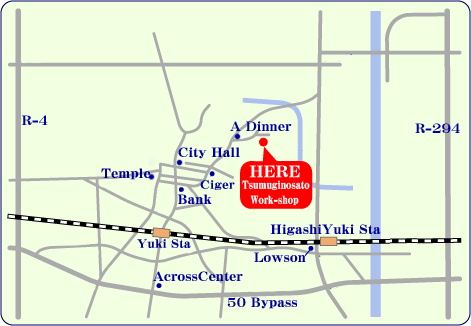


 |
 |
| Copyright(C) 2004 tsumugi.co.jp. All Rights Reserved. |
 |
|
 |


